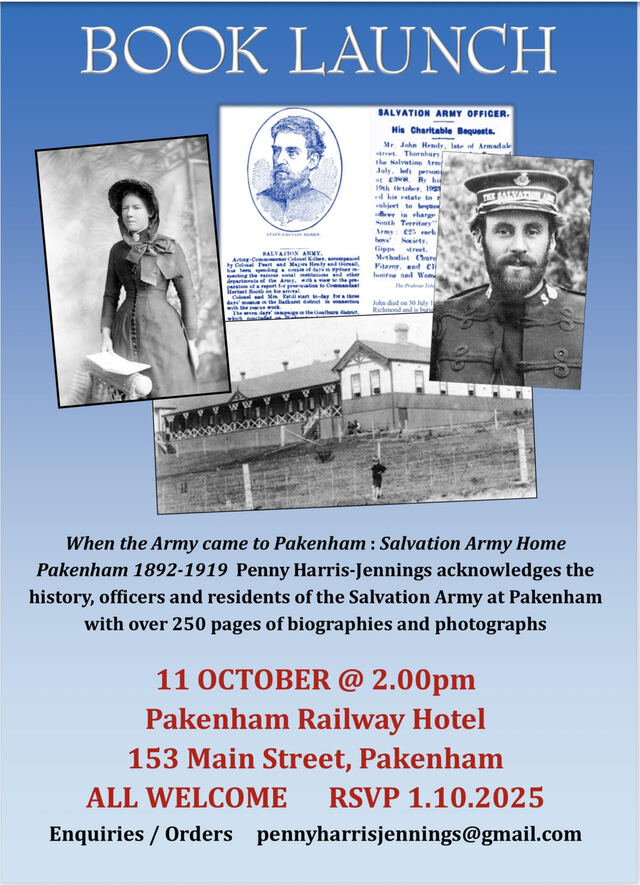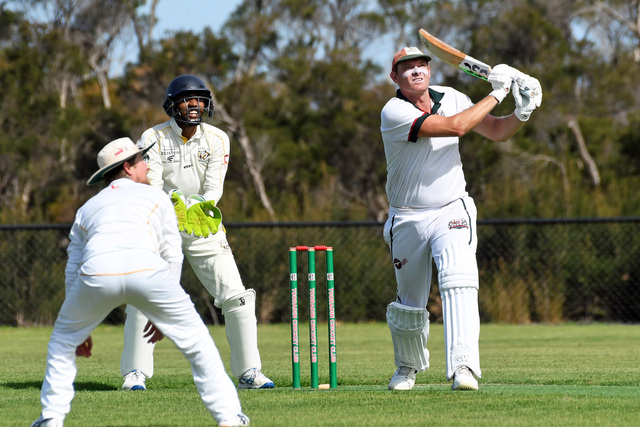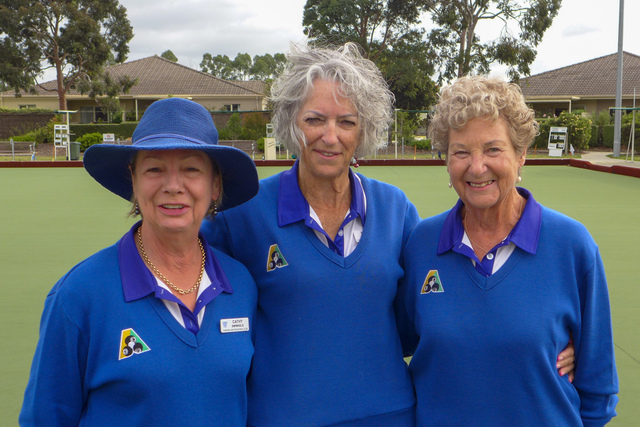Many may know the Salvation Army today through their numerous op shops, but behind that lies a rich history that has impacted countless lives for over a century, and Pakenham was no exception.
A new book from the Berwick Pakenham Historical Society chronicles the many lives connected to the Salvation Army Home between 1892 and 1919.
A launch for ‘When the Army Came to Pakenham: Salvation Army Home Pakenham 1892–1919’ will be held this weekend to mark its release. Attendees will have the chance to hear firsthand from the author about this prominent institution in early local history.
Historical Society member Penny Harris Jennings researched extensive documentation to profile the many individuals who passed through the Salvation Army Home in Pakenham, including both those who received their service and those who provided it.
Some had well-documented histories. Others were patchy across the various iterations of the Army Home, which ranged from rehabilitating ex-convicts and addicts to housing the elderly.
“There are some really sad stories, but there are also others that are really beautiful,” Ms Jennings said.
The most well-known person to pass through those old walls was adventurer Harold Lasseter (1880–1931), famous for his claim of discovering a large gold reef in Central Australia. His quest to rediscover “Lasseter’s Reef” ultimately led to his death.
Many biographies have unearthed details of his early life, including a previously hidden period of institutionalisation as a young man. This included a year at the Pakenham Salvation Army Home after he was convicted of burglary at the age of 17.
Ms Jennings also cherishes the quieter stories. Her personal favourite is that of a young woman named Jesse Cuthbert.
She resided at the home around the turn of the century, and documents described her stay as “idle and disorderly.”
After leaving in 1898, she moved to Western Australia, where she married a Chinese man named Frederick Ah Wing.
They both changed their names and were later referred to as “Mr and Mrs Washing.” Jesse defied her supposed disorderliness to become a beloved mother.
The book weaves the history of the home together with the early beginnings of the town of Pakenham. The institution was established on land that is today located along Army Road.
Founded during the 1890s depression, the Army Home served as a Prison Gate Brigade, then successively as a boys’ reformatory, girls’ reformatory, and finally an aged men’s retreat before being sold.
You can get a copy of the book and hear more from Ms Jennings at the book launch this Saturday 11 October, from 2pm at the Pakenham Railway Hotel.

















